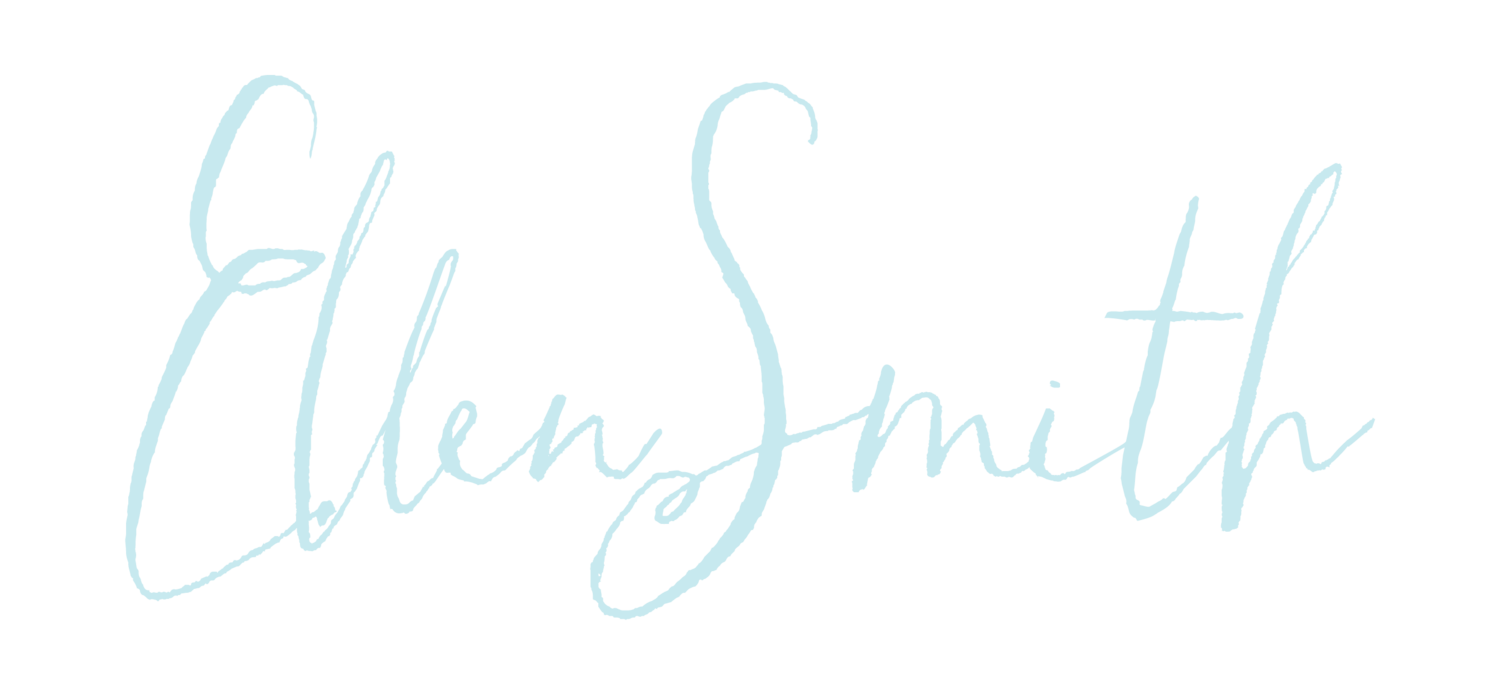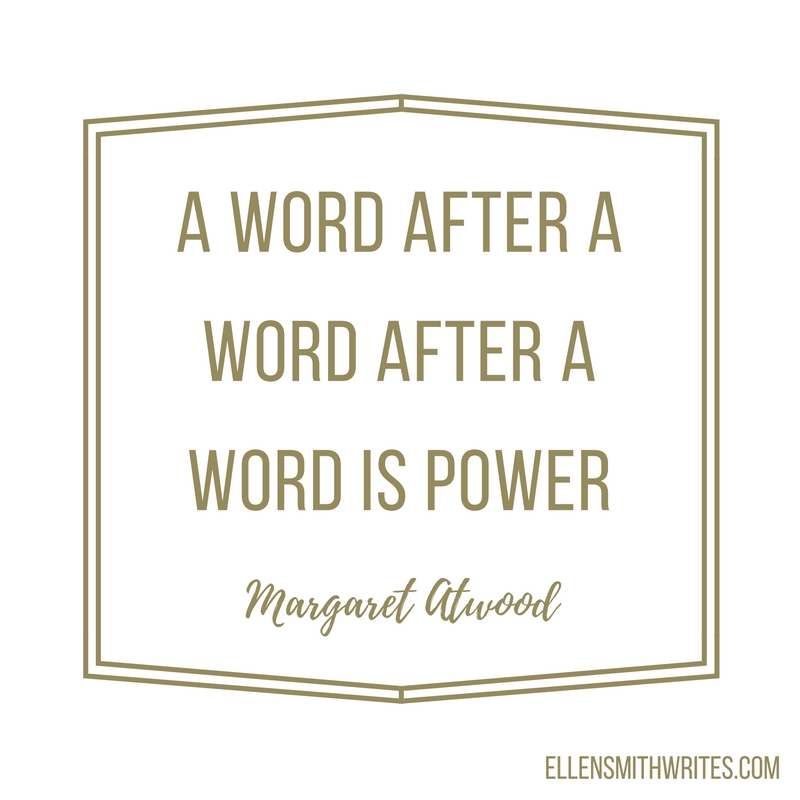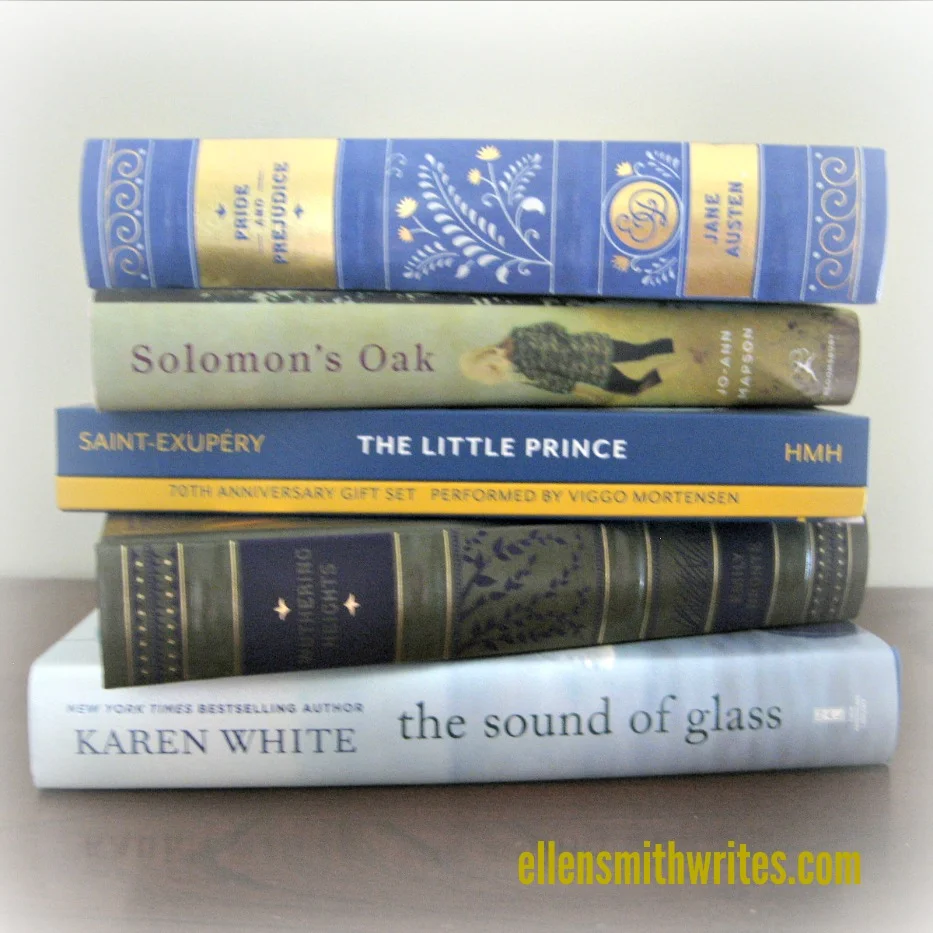Since I work as both a left-brained writer and a right-brained author, making sure my content is easy to find on the Internet is a big part of my job. I can’t just write a book- I need to make sure that people who are interested in women’s fiction, southern lit, or characters with Alzheimer's are able to find it. I can’t just write an article for a freelance client – I need to make sure that their target readers will be able to find it quickly and easily.
Enter the most left-brained aspect of my job: search engine optimization (otherwise known as "SEO").
Search engine optimization essentially means increasing how likely it is that a search engine will pull up your content when someone searches online for your name, your company, or your writing.
Obviously, that means the first major tip for increasing SEO is:
Be Searchable
The first time I searched for my name online, I wasn't expecting to find anything exciting. Sure, I figured there'd be some other Ellen Smiths rattling around out there on the world wide web. According to howmanyofme.com, there are 2,846,099 people with the last name 'Smith' in the United States alone. While 'Ellen' isn't a very common first name, the same site says there are 279,488 of us. Howmanyofme.com calculates that there are 2,461 other people named 'Ellen Smith' in the United States. With numbers like that, I wasn't surprised to find out that a few of us were easy to find online.
What did surprise me was the most notorious Ellen Smith. (No, it wasn't me.) As it turns out, there’s a folk song called "Poor Ellen Smith." If the title sounds ominous, just wait until you read the lyrics. This is the first verse:
“Poor Ellen Smith how was she found
Shot through the heart lying cold on the ground
Her clothes were all scattered and thrown on the ground
And blood marks the spot where poor Ellen was found”
The song goes on to expand on this theme for four more verses.
Awesome.
Fortunately for me, "Poor Ellen Smith" turns up far more often in search engine results than it does in real life. Aside from immediately becoming my least favorite folk song, this less-than-favorable search engine result didn't have an impact on my day-to-day life.
That is, until I started freelancing three years ago.
I conduct about 99% of my freelancing business online and make over 50% of my book sales online, too. If someone is looking for me because they need a freelance education writer or because they read Reluctant Cassandra, I want to make sure they can find me. If the first page of search results for ‘Ellen Smith’ points to a folk song detailing my grisly demise, that’s not good.
The main reason that 'Poor Ellen Smith' gets pulled up so frequently by search engines is that there's a lot of content out there about the song. That includes sites that have the full lyrics, videos of folk singers performing the song, and even a few articles about the legendary Ellen Smith herself. Having a lot of content is one of the best ways to optimize search engine results. Every time I publish a piece for a client with my byline or put up a new blog post on my website, I'm increasing the amount of content I have online. That also increases the chances that someone searching for my work on the Internet will find me!
Obviously, SEO doesn't end with producing a lot of online content. It's also important to direct search engines to help people find the specific Ellen Smith they are looking for. With 2,461 + of us in the United States alone, chances are good that someone searching for plain old "Ellen Smith" could be looking for any number of people. Or tragic folk heroines. That brings us to the next step in SEO:
Use Keywords
If someone is looking for me because they read my book, they’ll probably search for “Ellen Smith Reluctant Cassandra.” If someone is looking for me because they need a freelance education writer, they’ll probably search for “Ellen Smith freelance” or “Ellen Smith education writer.” In either case, they might search for “Ellen Smith writes…” or “Ellen Smith writer.”
Now you know why my handle across social media is always EllenSmithWrites (or EllenSmithWrite if I run out of space...thanks, Twitter.) I pair my name with keywords that people would probably use if they were looking to find me through a search engine.
This is also the strategy I use when I'm working on a freelance project that will be posted online. I want readers who will be interested in the content to be able to find it easily when they do a simple online search. For example, if I'm writing a post about search engine optimization (cough, cough), the people who will most likely want to read it are other people who post content online. Throughout the post, I'd make sure to use keywords that those readers are likely to search for: search engine optimization, SEO, online content, freelance, freelancing, web search, etc. Using those keywords makes it more likely for a search engine to pull up my content for a reader searching for those terms.
There's a lot more to say about search engine optimization, but I'm going to stop with those two basic tips (I have to save something for my freelance clients!) And, while SEO is a part of my job as a writer, there's an even better way to make sure clients, fellow writers, educators, and readers can find me online:
Stay Connected
While I hope that people I haven't met yet will be able to find me through an online search, that shouldn't be the only way that people find my work. My bigger hope is that former and current clients and readers will stay connected with me.
Despite its reputation, writing isn't really a solitary profession. In order to do my job as a freelance education writer, I'm constantly reading news, opinion pieces, and research about what's new in the education world. In order to do my job as an author, I'm doing research for my next book, chatting with readers and book reviewers, and marketing to potential readers. That means I spend a lot of time on social media, sharing ideas and staying in touch with other people who are interested in the same things I am. I'd rather have people find me through their list of contacts than through a search engine any day.
Search engine optimization is always going to be important for the content I put up online. I'm always happy to talk with freelance clients about improving their SEO as well. However, search engine results alone don't determine the success of an online business.
Good news for me and the other Ellen Smiths out there. Otherwise, that folk song would give us a run for our money.
























![Shapes of Stories in The Time Wrecker Trilogy by Ellen Smith [graph] || Inspiration: Kurt Vonnegut's "Shapes of Stories" from the Ellen Smith Writes blog http://www.ellensmithwrites.com/blog/2016/4/27/plotting-inspiration-kurt-vonneguts-shapes-of-st…](https://images.squarespace-cdn.com/content/v1/571641d5a3360ca1d47c7fcc/1552796197976-RI1R4H7E38O7E6H7I42O/Shapes+of+Stories+in+The+Time+Wrecker+Trilogy+by+Ellen+Smith+%5Bgraph%5D+%7C%7C+Inspiration%3A+Kurt+Vonnegut%27s+%22Shapes+of+Stories%22+from+the+Ellen+Smith+Writes+blog+http%3A%2F%2Fwww.ellensmithwrites.com%2Fblog%2F2016%2F4%2F27%2Fplotting-inspiration-kurt-vonneguts-shapes-of-stories)
